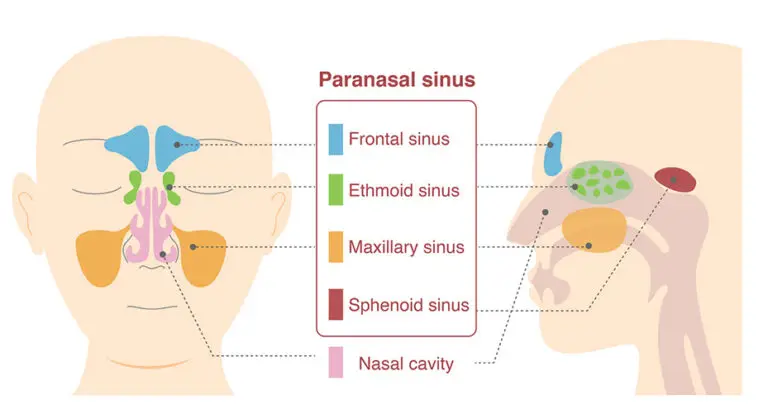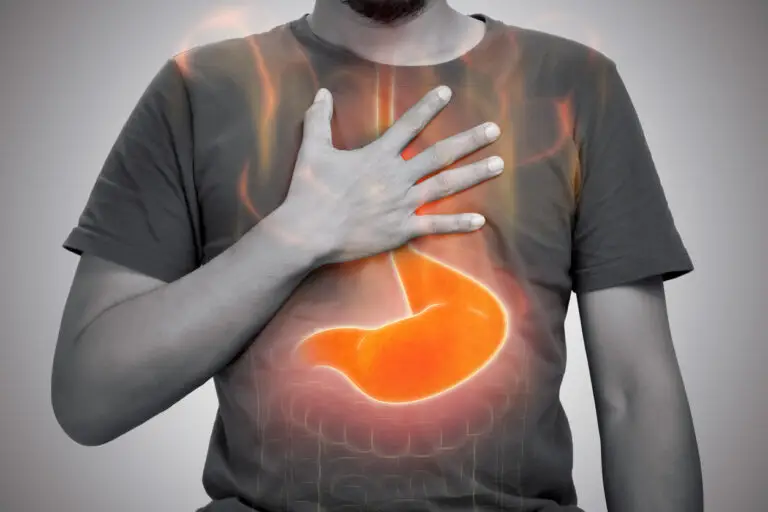When I returned from Iraq as a young Marine in 2003, I’ll confess that I didn’t really have any concept of what was at stake with veteran mental health. None of the Marines I served with seemed mentally bothered with what we did and I sure didn’t. I guess I just supposed that we made it and it’s all done now. Or so I thought. As years went on and nearly two decades passed, I can take stock of those same Marines and realize that the mental toll of war carried more weight than we thought. For one of those Marines, it was a call to the VA Crisis Line that made the difference. So let’s talk about that lifeline and what it can and can’t do.
VA Crisis Line By the Numbers
The VA Crisis Line was launched in 2007, just a few years into the GWOT wars. It became apparent that veterans returning from war were going to need a lifeline when they needed it most. Since the launch in 2007, the VA Crisis Line has fielded more than 5.2 million calls, 606,000 chats, and 193,000 texts. That work has resulted in 936,000 veterans being referred to their local suicide prevention coordinators and 176,000 dispatches of emergency services.
So, what the VA Crisis Line can do is help veterans on a massive scale nationwide. The call line is set up through the national number for suicide prevention (800-273-8255) and when you press 1 to identify yourself as a veteran, you are routed to the veteran oriented crisis line. I wanted to put this first in the article in the chance that a veteran in crisis found this article while searching for help. The Crisis Line helped a fellow Marine and I’m confident the line can help you. When in doubt, give the line a call.
When to Call and What To Expect?
The threshold as to when someone should call the VA Crisis Line is pretty open ended and that is for a reason. Simply, if you’re experiencing a crisis or supporting a loved one who is, give the line a call. It doesn’t attempt to define crisis, lest someone rule themselves out as in need of help. If it feels like a crisis to you, then call.
When you do call, a trained responder will answer your call, text, or chat. They’ll ask you some questions and then begin to figure out how to best direct you. Now, the first priority of the VA Crisis Line is immediate crisis intervention. They are dedicated to the pursuit of reducing the number of suicides by lowering the immediate stress, giving the caller options, and referring them for the appropriate care.
When my Marine buddy called, he wasn’t in an acute state and the immediate feedback from the crisis line was enough to begin the retreat from what would have been a very dark place. However, it did take him a long time to call because he wasn’t sure what to expect. It’s important to know that those volunteers or staff on the phone chose to be there and you are not putting them out by calling.
What Not To Expect from the VA Crisis Line
It is hard to think of a scenario where I would tell anyone not to call the VA Crisis Line, but let’s say there could be times where it would be more beneficial to call someone else first. The VA Crisis Line is not the go-to number when someone is experiencing an acute and active mental health breakdown. When they are a risk to themselves or others, it may be entirely appropriate that 9-1-1 should be the first call.
The VA Crisis Line has amazing responders and technicians, but they are not first responders. They can get a hold of first responders which is why I’d say, when in doubt, call them. However, that is still a delay of time when seconds or minutes matter. While I’m certain you have 9-1-1 memorized, I do not have the same certainty about the VA Crisis Line. If you need acute mental help, call 9-1-1 if you can or visit your local emergency room if you cannot.
The Best Time To Call is Now and Right Now
Many veterans who find themselves in an acute situation lack the ability to reach out for help and make the call. That’s why it is so important for Veterans who are struggling today, to call now. Getting help early is what saved my Marine buddy as I understand that his struggle would have only grown without intervention. I don’t mind telling his story as breaking down the stigma of mental health in our community is a constant battle.
Just a few months back, I got a call from a VA counselor or contract counselor via Zoom. I had recently put in a VA claim for the arthritis in my back and I guess there was a mental health component to what my service officer put in. In the era of COVID, she assessed me via Zoom and all was well.
After the call, I felt an unusual sense of relaxation as I thought, “it was really nice for someone to ask about me.” Look, I have to admit it that it was nice to talk to a counselor, even for a silly assessment. That means if you are facing an issue right now and you are on the fence of whether or not to call, at least give the line a call for the conversation. You’ll be glad you did.
But the VA Crisis Line Didn’t Help …
As a veteran myself, I know we’ve all heard the stories about the people the VA overlooked or the people the Crisis Line couldn’t save. While VA reform is indeed a top priority, we mustn’t let that call to action overshadow those professionals that are putting in work on behalf of our veteran community. I have a deep respect for the responders, technicians, and personnel who work the VA Crisis Line. The discernible truth is that the VA Crisis Line has been the lifeline for many veterans, one with whom I served. As such, I can personally testify to its importance.
Now, I recognize that the VA Crisis Line does have limitations. Again, it’s not the 1st place to call if you or your loved one are experiencing an acute mental health episode. It doesn’t get 100% thumbs up from every veteran who called, but I have to go back to the large number of veterans it did help. Remember, that is over 176,000 dispatches of emergency care. The 900,000 plus veterans that were connected with local SPCs.
In another hat I wear, I teach college courses on leading nonprofit organizations. I force the students to create a nonprofit from scratch. Watching their idealism run into the real and gritty world of making a social impact is amusing to me. There is a reason why social ills continue to persist, despite a large number of people wanting to help. This is hard and heavy stuff we are dealing with, but I will always respect and appreciate those willing to put in the work.
Summary Review of the VA Crisis Hotline
If you came here looking for an article that would bash the VA, I can’t do it on this one. Again, the VA needs mind-blowing reform, but having a single number where any veteran can call for help is not one of them. Not because it’s perfect, but because it and the responders who answer are putting in the work. They are saving veteran’s lives and if nothing else, they helped my war buddy.
Today at Valor 4 Vet, we advocate that if you need help, please reach out. The VA Crisis Line will be happy to help you in your time and if that moment is now, know that you are in good company when you call.




